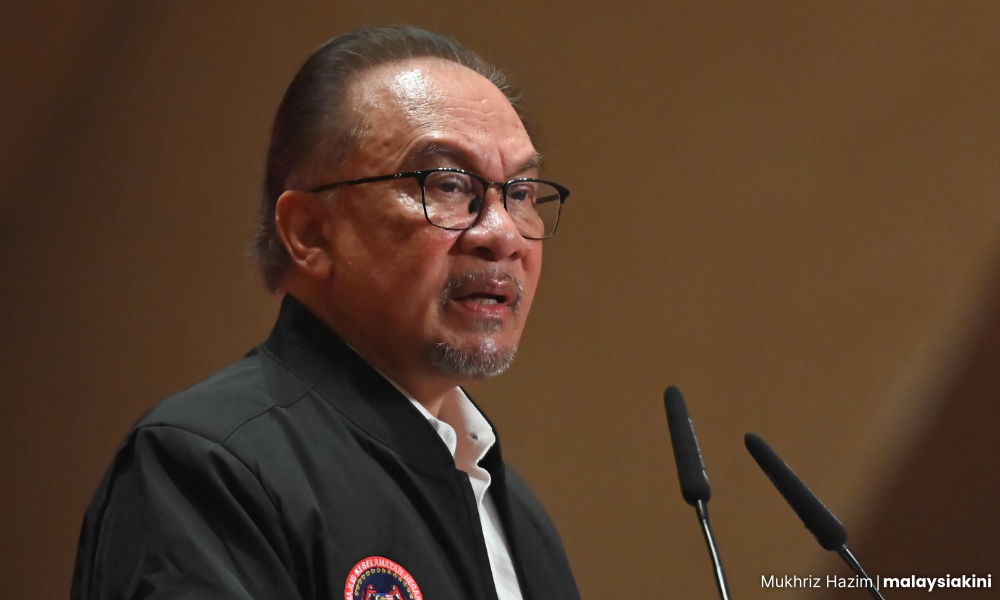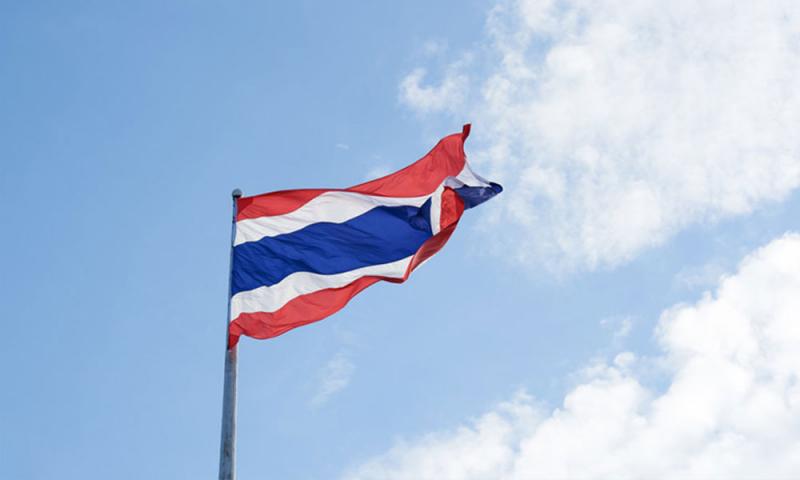LETTER | Peace process in Southern Thailand needs recalibration
LETTER | Identity conflicts in Southeast Asia related to religion, ethnicity and others are still simmering in parts of the region.
The religious conflict in Mindanao, the Philippines and Southern Thailand shows no signs of abating.
The conflict in the Indonesian region of West Papua is more of an indigenous conflict between the natives and the new settlers brought under the Indonesian transmigration programme.
The identity conflict in Southern Thailand is between the Muslims and the Thai Buddhist state.
Although the conflict can be traced back to history, overt conflagration manifested in the mid-1970s.
As a result of the conflict between the Thai Muslim forces and the armed forces of the Thai government, over 7,000 lives have been lost and thousands injured.
The conflict has also resulted in the exodus of Thai Muslims to seek sanctuary on the Malaysian side.
Given the historical ties between the Thai Malay Muslims and the Malays in the northern states of Kelantan and Terengganu, the Malaysian government wants a peaceful resolution to the conflict.
This is the reason why the Malaysian government acts as a facilitator of the conflict, with the approval of the Thai government.
However, the actual role of Malaysia as a facilitator is not well defined although Kuala Lumpur seems to be the preferred venue for the peace talks.
M’sia must be honest
Recently, Prime Minister Anwar Ibrahim reiterated his support for the peace dialogue between the warring parties.
Beyond this, the Malaysian government cannot do much to expedite the peace process.
Anwar should be honest about the progress of the peace process between Barisan Revolusi Nasional (BRN) and the Thai government.

Malaysia’s ambiguous role as the facilitator seems to complicate the peace process between the warring parties.
Malaysia cannot afford to take a role that might be seen as sympathetic to the Thai Muslims of the three southern provinces in Thailand.
It has to respect the role of the Thai government as both its neighbour and fellow member of Asean.
As a member of Asean, Malaysia has to respect and honour the principle of non-interference in the internal affairs of member countries.
In this regard, Malaysia has a difficult role to play in the peace process. Despite a number of rounds of peace dialogues in Malaysia, there is no clear road map for the eventual realisation of the peace deal.
BRN might be the official representative of the Thai Muslims, but its rapport with the grassroots Thai Muslims is a factor of concern.
In my recent visit to Pattani, I was informed of the nexus between the civil society organisations in the southern provinces and BRN leaves much to be desired.
In the peace dialogues, Malaysia seems to dictate the path the BRN should take. Even the foreign peace advisers have been snubbed by the Malaysian facilitator.
The way the peace process is developing, there are grounds to believe that conflict resolution might be far away.
Ordinary Thai Muslims in the restive provinces are getting bored and anxious about the outcomes of the peace dialogue. They know that the Thai government might not be interested in giving them even a limited autonomy.
For the Thai government, the longer the peace process drags on, the better it is for them. Malaysia as a facilitator has a limited role apart from dictating the peace agenda to BRN.
Neutral party needed
And I don’t understand why the BRN representatives are beholden to the Malaysian government.
In so far as the Southern Thailand peace process is concerned, Malaysia has a limited role. Whether such a role is conducive to the decent settlement of the conflict remains to be seen.
I am of the firm belief that the conflict in Southern Thailand should be mediated by a neutral party in a neutral country. What is needed is a mediator, not a facilitator.
Religious and ethnic affinity between Thai Muslims and Malays in Malaysia is no indicator that the Malaysian government has an appropriate role to play in the facilitation of the peace process.
If the Acehnese conflict was resolved by the intervention of Finland in 2005, surely Thai Muslims require a dynamic third party as a mediator and more neutral ground to hold the peace talks.
Moreover, appointing civil servants as facilitators in the peace dialogues is not a good idea. They are too much beholden to the Malaysian government as a result lack the independence and imagination to navigate the complicated peace process.
I believe given my own role as a peace negotiator in the conflicts in Indonesia, Sri Lanka, the Philippines and Colombia, South America, there is an urgent need to re-think and re-calibrate the peace process in Southern Thailand.
Writer is a retired UKM professor, former deputy chief minister II of Penang and is currently the interim chairperson of United for the Rights of Malaysians Party (Urimai).
The views expressed here are those of the author/contributor and do not necessarily represent the views of Malaysiakini.
RM12.50 / month
- Unlimited access to award-winning journalism
- Comment and share your opinions on all our articles
- Gift interesting stories to your friends
- Tax deductable
